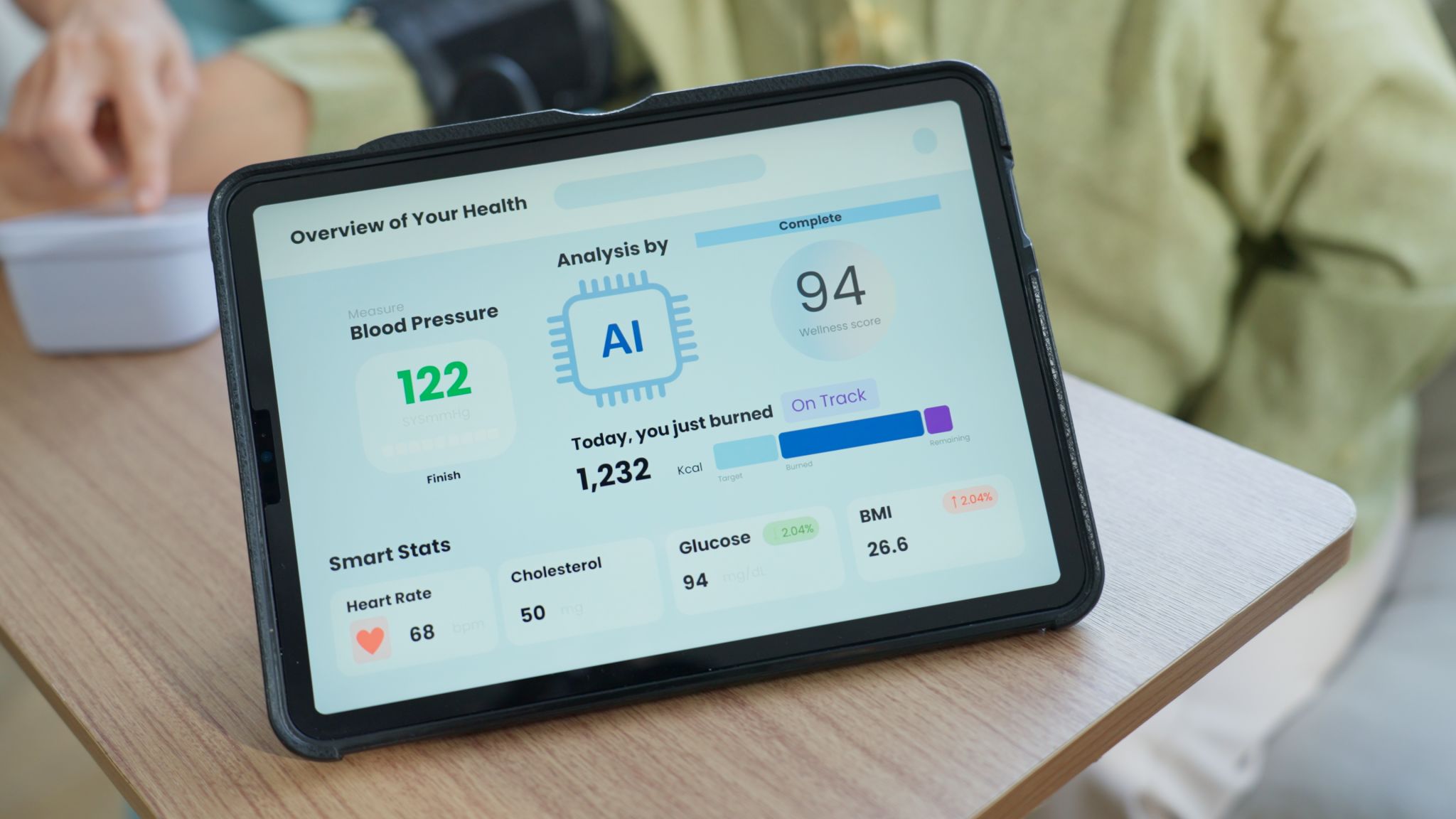Heart Health: How AI-driven Tools are Enhancing Patient Outcomes
Introduction to AI in Heart Health
In recent years, artificial intelligence (AI) has been making significant strides in the healthcare industry, particularly in enhancing heart health. Medical professionals are increasingly adopting AI-driven tools to improve patient outcomes. These technologies are providing new ways to diagnose, monitor, and treat heart conditions, offering hope for better management and prevention strategies.

The Role of AI in Diagnosing Heart Conditions
AI has shown promise in the early detection and diagnosis of heart diseases. By analyzing medical imaging and patient data, AI algorithms can identify patterns that may indicate the presence of heart conditions even before symptoms appear. This early detection is crucial as it allows for timely intervention, which can significantly improve patient outcomes.
Moreover, AI tools are helping to reduce the time and cost associated with traditional diagnostic procedures. By automating data analysis, healthcare professionals can focus on developing personalized treatment plans for their patients.
Monitoring and Managing Heart Health
Continuous monitoring is vital for patients with existing heart conditions. AI-driven wearable devices are becoming increasingly popular in Dublin for tracking vital signs such as heart rate, blood pressure, and activity levels. These devices send real-time data to healthcare providers, enabling them to make informed decisions about a patient's care.

The integration of AI with these devices helps in predicting potential health issues before they become critical. For example, abnormal patterns detected by AI can trigger alerts for immediate medical attention, thereby preventing complications like heart attacks or strokes.
AI-assisted Treatment Plans
AI is also playing a transformative role in creating personalized treatment plans. By analyzing a patient's genetic information, lifestyle, and medical history, AI can suggest treatment options that are tailored to an individual's unique needs. This personalized approach ensures that patients receive the most effective therapies with minimal side effects.
Furthermore, AI can simulate how different treatments might affect a patient, allowing doctors to make more informed decisions. This capability is particularly beneficial in complex cases where traditional methods may not be as effective.

The Future of Heart Health in Dublin
The adoption of AI in heart health is still in its early stages, but its potential is vast. As technology continues to evolve, we can expect even more sophisticated tools to emerge, further enhancing patient care and outcomes. Dublin is at the forefront of this transformation, with healthcare providers and researchers working together to harness the power of AI.
However, it is important to address challenges such as data privacy and the need for continuous learning and adaptation by healthcare professionals. By overcoming these hurdles, AI can truly revolutionize heart health in Dublin and beyond.
Conclusion
In conclusion, AI-driven tools are proving to be invaluable in improving heart health outcomes in Dublin. From early diagnosis to continuous monitoring and personalized treatment plans, AI is reshaping the way heart conditions are managed. As we look toward the future, embracing these technologies will be key to ensuring better health outcomes for patients across Ireland.
